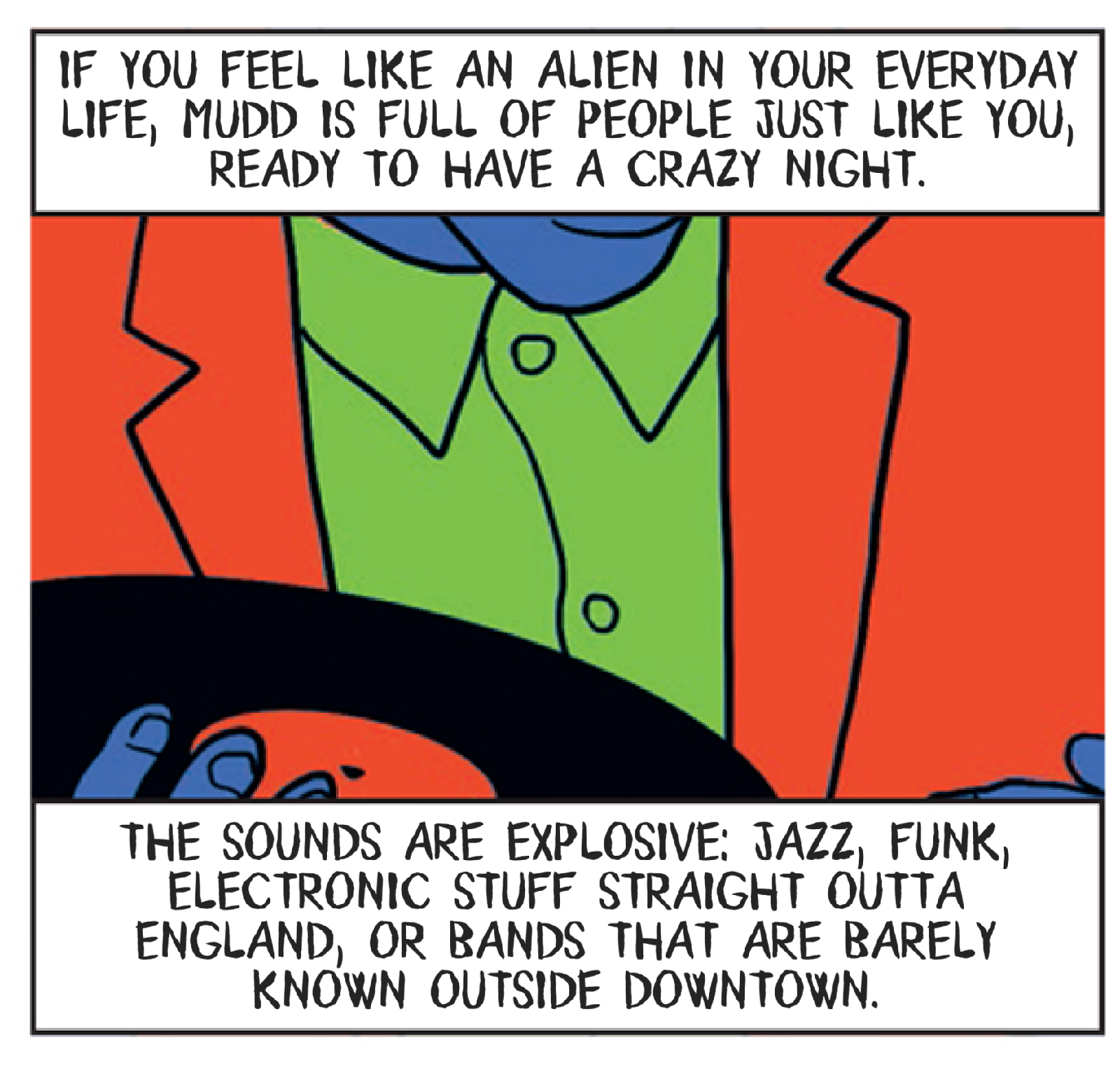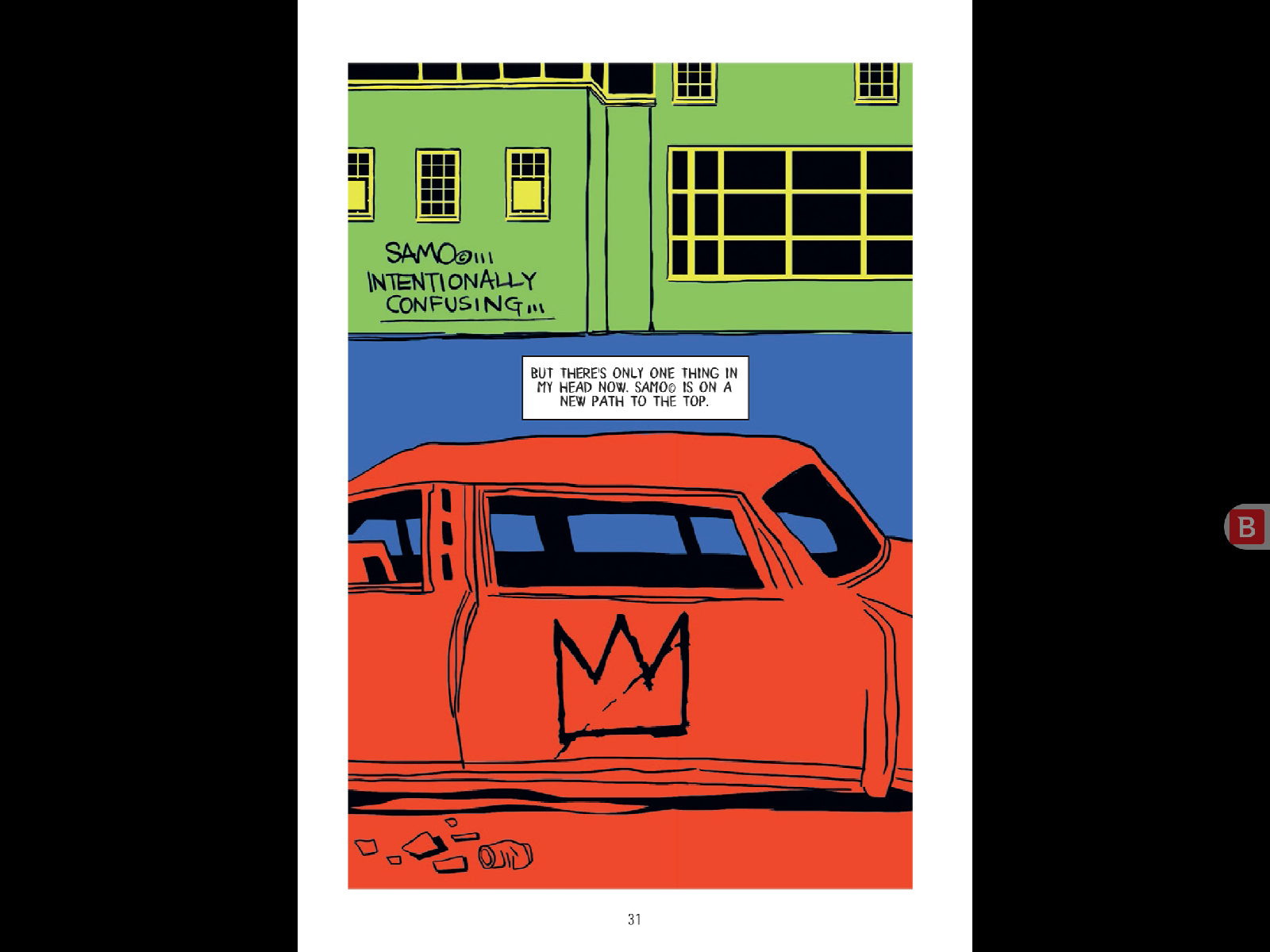All history is inevitable and made by human beings.
Posted at Quote Investigator®: Chance Is the Nickname of Providence.
Nicolas Chamfort? Horace Walpole? Anonymous?
Dear Quote Investigator: The relationships between chance, luck, fate, and providence are often disputed. One viewpoint holds that no event occurs at random; instead, there is an underlying purpose or design though it may be hidden or opaque. Here is an adage encapsulating that thought:
Chance is the nickname of Providence.
Would you please explore this statement?
Quote Investigator: A precursor to the adage appeared in a 1777 letter written by Horace Walpole who was pioneer of gothic literature and a notable historian of art. The letter was addressed to the Countess of Ossory, and it was published by 1848. Boldface has been added to excerpts:[1]
. . . what is called chance is the instrument of Providence and the secret agent that counteracts what men call wisdom, and preserves order and regularity, and continuation in the whole . . .
The earliest evidence of a strong match known to QI was from the pen of the famous French epigrammatist Nicolas Chamfort who died in 1794. A collection of his works was published in 1795 that included a set of “Maximes et Pensées” (Maxims and Thoughts) containing the following two-part statement:[2]
Quelqu’un disait que la Providence était le nom de baptême du Hasard, quelque dévot dira que le Hasard est un sobriquet de la Providence.
Here was one possible translation into English:
Someone said that Providence was the baptismal name of Chance; some pious person will say that Chance is a nickname of Providence.
Chamfort’s complex remark intertwined and counterposed teleology, theology, probability, and contingency.
Below are additional selected citations in chronological order.
In 1827 “The London Literary Gazette” published a book review of a work by M. E. Jouy titled “Cécile, ou les Passions”. The review had originally appeared in “Le Globe” and was translated into English for “The Gazette”. The book contained a series of letters, and part of Chamfort’s statement was communicated by a character named Anatole:[3]
Anatole thinks that Providence is the baptismal name of Chance. In the seventy-second letter, Charles eagerly refutes this sophism.
In 1852 “Philosophers and Actresses” by Arsène Houssaye was published, and it consisted of a set of short biographical sketches of well-known figures. The section on Nicolas Chamfort included several of his adages translated into English:[4]
Providence? the baptismal name of Chance. Chance? a nickname of Providence.
In 1866 the reference work “Beautiful Thoughts from French and Italian Authors” printed the following phrase from Chamfort in French and English. The French word “hazard” was spelled with a “z” in this instance:[5]
CHANCE.
Le hazard est un sobriquet de la Providence.
Chance is a nickname of Providence.
The full two-part version of remark was printed in the 1902 work “The Cynic’s Breviary: Maxims and Anecdotes from Nicolas de Chamfort” with a translation by William G. Hutchison:[6]
Some one described Providence as the baptismal name of chance; no doubt some pious person will retort that chance is the nickname of Providence.
A one-part version of the expression was included in the 1914 edition of “Cassell’s Book of Quotations, Proverbs and Household Words” edited by Sir William Gurney Benham:[7]
Le hasard est un sobriquet de la Providence.—Chance is a nickname for Providence.
Chamfort.
H. L. Mencken’s massive 1944 compendium “A New Dictionary of Quotations on Historical Principles from Ancient and Modern Sources”[8] and the fourteenth edition of “Bartlett’s Familiar Quotations” of 1968 both included the following words credited to Chamfort:[9]
Chance is a nickname for Providence.
In conclusion, Nicolas Chamfort popularized this adage in French and it was later translated into English. The original statement printed in 1795 had two parts, and the first part was given an anonymous attribution by Chamfort. The second part employed the future tense and named a “pious person” as the speaker. But this was probably a rhetorical device, and QI believes that Chamfort can be credited with the second part of the expression. Horace Walpole wrote an intriguing precursor in 1777.
(Great thanks to Fred Small and Richard Turner who inquired about a saying attributed to Albert Einstein concerning coincidence and God. Research uncovered a family of interrelated expressions, and the presentation of the reply required separate entries. This is the first of two entries. The second entry is here.)
References
| ↑1 | 1848, Letters Addressed to the Countess of Ossory from the Year 1769 to 1797 by Horace Walpole (Lord Orford), Edited with Notes by R. Vernon Smith, Volume 1, Letter number 101, Letter from Horace Walpole, Letter to Countess of Ossory, Date: January 19, 1777, Start Page 262, Quote Page 262, Published by Richard Bentley, London. (Google Books Full View) link |
|---|---|
| ↑2 | Date: L’an 3 de la République (Third year of the Republic overlapped 1794 and 1795), Title: Oeuvres de Chamfort (Works of Nicolas Chamfort), Publisher: Recueillies et publiées par un de ses Amis (Collected and published by one of his friends), Volume: Tome IV (Volume 4), Section: Maximes et Pensées: Maximes générales, Quote Page 34, Publishing location: A PARIS Chez le Directeur de l’Imprimerie des Sciences et Arts, rue Thérèse (Published in Paris). (Google Books Full View) link |
| ↑3 | Date; 1827 June 23, Periodical: The London Literary Gazette, Article description: Book review of Cécile, ou les Passions by M. E. Jouy, Footnote of book review: “This smart and able review we have translated from Le Globe”, Start Page 390, Quote Page 391, Column 3, Publisher: The Literary Gazette Office, London. (Google Books Full View) link |
| ↑4 | 1852, Philosophers and Actresses by Arsène Houssaye, Volume 2 of 2, Section: Chamfort, Start Page 5, Quote Page 32, Published by Redfield, New York. (Google Books Full View) link |
| ↑5 | 1866, Beautiful Thoughts from French and Italian Authors: With English Translations and Lives of the Authors, Compiled by Craufurd Tait Ramage, Section: Chamfort, Start Page 63, Quote Page 64, Published by Edward Howell, Liverpool, England. (Google Books Full View) link |
| ↑6 | 1902, The Cynic’s Breviary: Maxims and Anecdotes from Nicolas de Chamfort (Sébastien-Roch-Nicolas Chamfort), Selected and Translated by William G. Hutchison, Series: Vigo Cabinet Series, Quote Page 30, Published by Elkin Mathews, London. (Google Books Full View) link |
| ↑7 | 1914, Cassell’s Book of Quotations, Proverbs and Household Words by W. Gurney Benham (Sir William Gurney Benham), Revised edition, Quote Page 722, Column 2, Published by Cassell and Company, London. (Google Books Full View) link |
| ↑8 | 1942, A New Dictionary of Quotations on Historical Principles from Ancient and Modern Sources, Selected and Edited by H. L. Mencken [Henry Louis Mencken], Topic: Chance, Quote Page 152, Alfred A. Knopf. New York. (Verified on paper) |
| ↑9 | 1968, Bartlett’s Familiar Quotations by John Bartlett, Edited by Emily Morison Beck, Fourteenth Edition, Quote Page 469, Column 1, Published by Little, Brown and Company, Boston, Massachusetts. (Verified on paper) |




